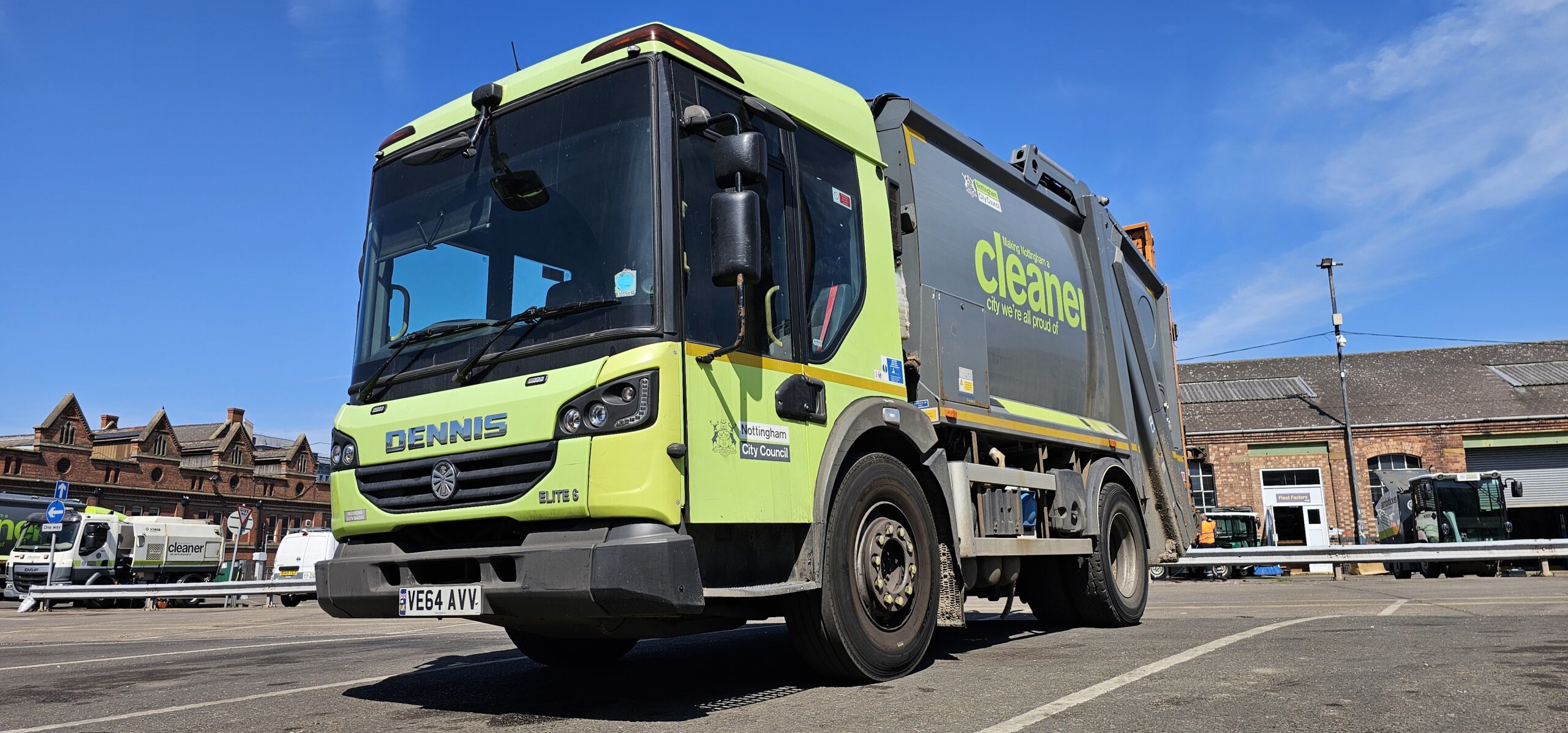Nottingham is set to receive a Government grant of £5.025 million which will be used to expand citywide recycling collection and disposal, enabling improvements to meet upcoming collection and packaging reforms.
The ringfenced funding, which was formally accepted at the Council’s Executive Board on 21st October, comes from the Government’s Extended Producer Responsibility (EPR) for packaging initiative, where producers must pay a fee for the packaging they supply or import into the UK market.
These packaging products end up in household waste, leaving local authorities with the financial and logistical burden of disposing of them, which is addressed through the grant. Making producers responsible for the entire lifecycle of their products also encourages use of sustainable packaging materials, which in turn reduces waste and carbon emissions.
At present, not all households within the city have access to the necessary infrastructure to participate in kerbside recycling collections, particularly in high-density, urban housing and multi-occupancy buildings. This has presented a significant barrier to achieving waste reduction and sustainability targets, and highlights the need for a comprehensive and inclusive approach to service expansion.
To improve services and comply with the new collection and packaging reforms, the Council must invest in upgrading its recycling infrastructure, such as purchasing of new waste collection vehicles, recruiting more frontline staff and expanding access to recycling.
The funding will also enable the Council to undertake communications and engagement campaigns to help residents understand and prepare for the upcoming changes.
Councillor Corall Jenkins, Executive Member for Neighbourhoods, Waste and Equalities said: “This is welcomed funding that will enable us to invest in the future of our waste collection services. We’re already making excellent progress to improve recycling in Nottingham, and this funding will enable us to go even further and meet anticipated future demands.
Improving recycling by taking even more fossil-fuel derived plastic waste out of our residual waste, alongside food waste collections, will also help us reduce our greenhouse gas emissions, taking us closer towards our sustainability and CN28 targets.”
Specific plans to expand recycling access include:
- Purchasing three new Recycling Collection Vehicles
- Recruiting more frontline staff including 9 loaders and 4 drivers
- Targeted communications (letters, leaflets, and digital updates) explaining the new services, their benefits, and how residents can participate.

